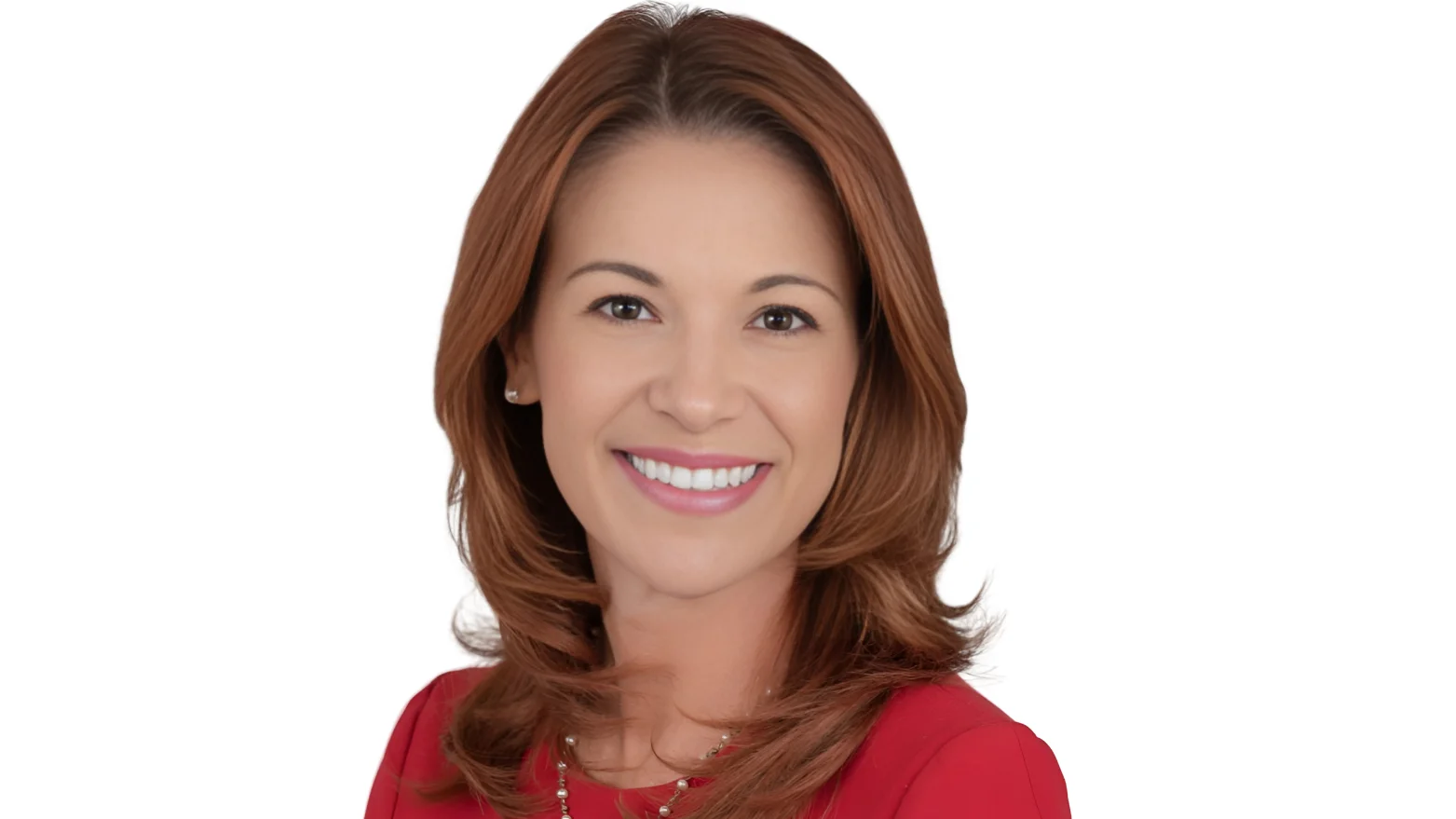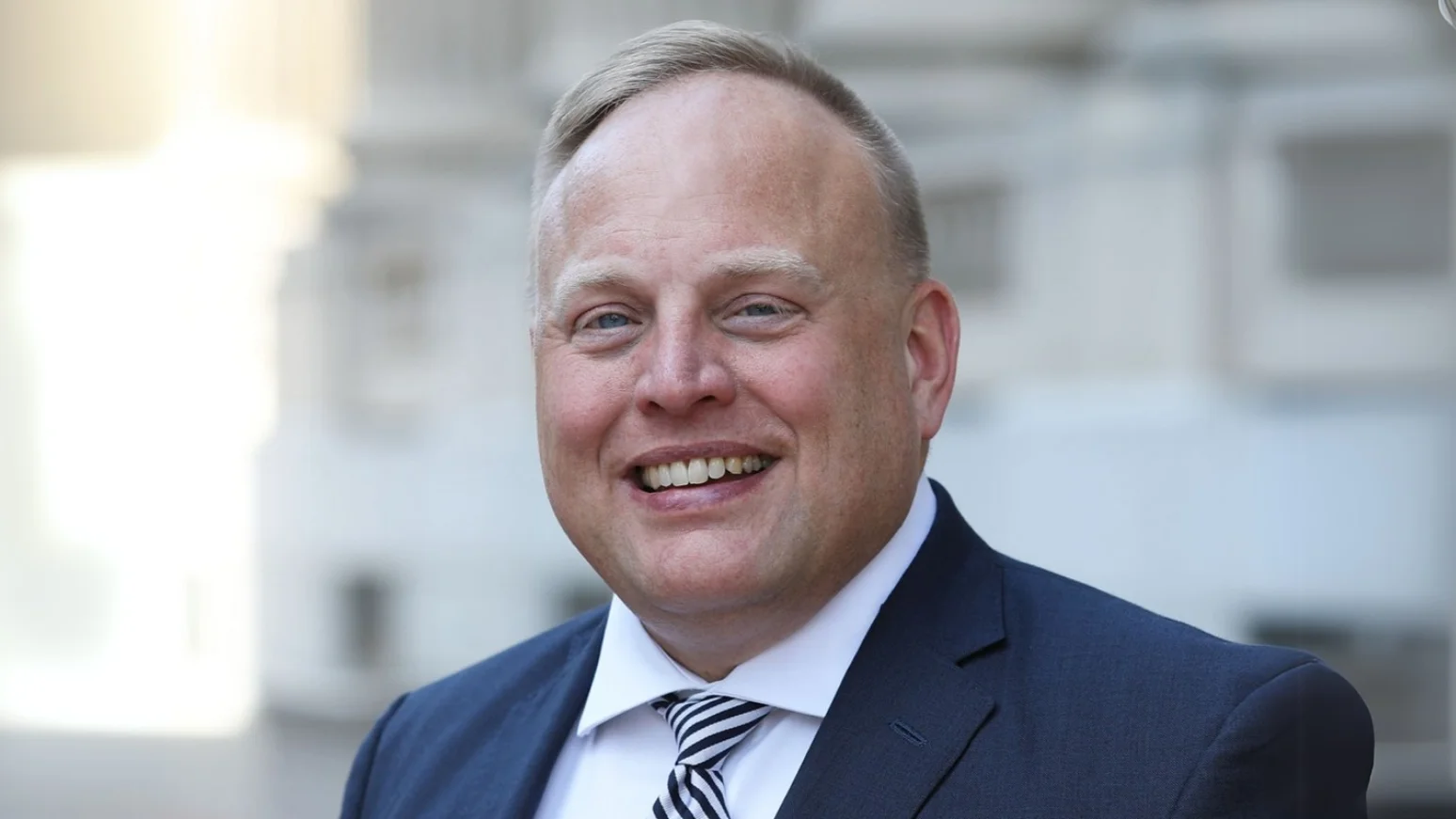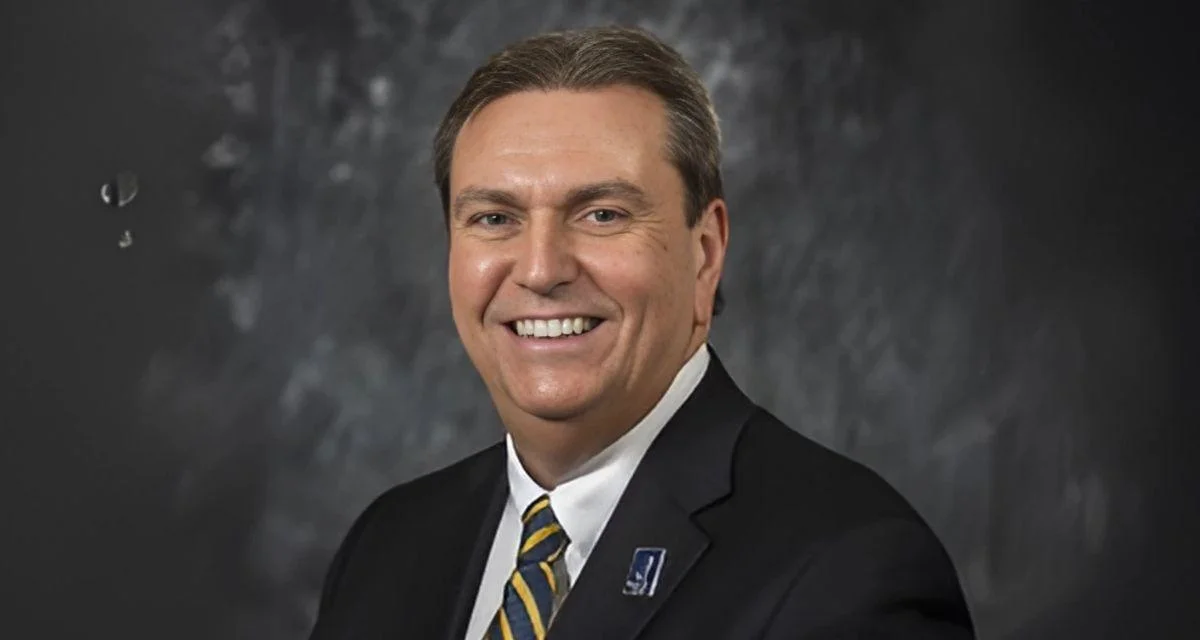
File Photo
The Texas Education Agency (TEA) says school campuses that only offer remote-only learning will not receive full state funding, according to The Dallas Morning News.
TEA officials had previously said that it would continue to fund school districts if campuses were ordered closed, as long as virtual instruction was offered, the news media reported.
Texas Education Commissioner Mike Morath announced the change earlier this week.
Attorney General Ken Paxton wrote a letter last week that the TEA based its guidance on. Morath had said that since TEA is a state agency, it will follow Paxton's guidelines.
"The decision to close schools on such a preventative basis — whether public or private — remains with school system leaders who should consult with relevant public health authorities, including the department and local health authorities," Paxton wrote in the letter.
In his letter, Paxton indicated that the governor's existing orders didn't say anything about COVID-19 prohibiting schools from opening, saying that instead, the opposite was true.
“Religious services, such as those provided by religious private schools, and local government operations, such as public schools, are permitted to open and are excluded from any capacity restrictions," Paxton wrote, the news media reported.
Dallas County Judge Clay Jenkins does not agree with Paxton's letter, saying his reasoning does not make sense.
“We’ve got rampant spread in our community; we announced 15 deaths today," Jenkins told the news media. "To say that a health order can only be made after an outbreak in that particular school, that does nothing to get confidence up for parents, and I think it’s wrong."
The Texas State Teacher Association (TSTA) urged school districts to follow health authorities and not Paxton, the news media reported.
“Gov. Greg Abbott so far has yielded to the expert advice of health authorities charged with protecting lives and public safety,” TSTA President Ovidia Molina said in a news release, the news media reported. “Now, Paxton is sending a conflicting message to our school districts, students, parents and employees. This raises more questions about reopening schools safely instead of providing real guidance from state leaders.”





 Alerts Sign-up
Alerts Sign-up